Driving through Moldova in late summer, one can see fields of bright yellow sunflowers across the country. It is not just a pretty sight, because in this agricultural country, sunflower seeds play an important economic role.
Sunflowers account for 25% of Moldova's total arable land, but the country's farmers are finding it increasingly difficult to export sunflower seeds to international markets due to transportation bottlenecks.
Since the conflict between Russia and Ukraine escalated in the Black Sea, the sea has essentially been closed to cargo ships and forced Ukraine to rely more on other routes transiting through neighboring countries to export agricultural products.
Everyday reality
Truck drivers from Ukraine – Europe’s agricultural powerhouse – are trying to cross the Giurgiulesti border crossing in southern Moldova to reach Romanian ports.
“We have been waiting here for four days,” a Ukrainian truck driver told Euronews on November 19.
In that time, the driver only traveled 600 meters with his truck full of grain. Around him, hundreds of other Moldovan and Ukrainian drivers were also stuck.
With the ongoing war in Ukraine, it has become one of the bottlenecks for agricultural exports in the Black Sea region.
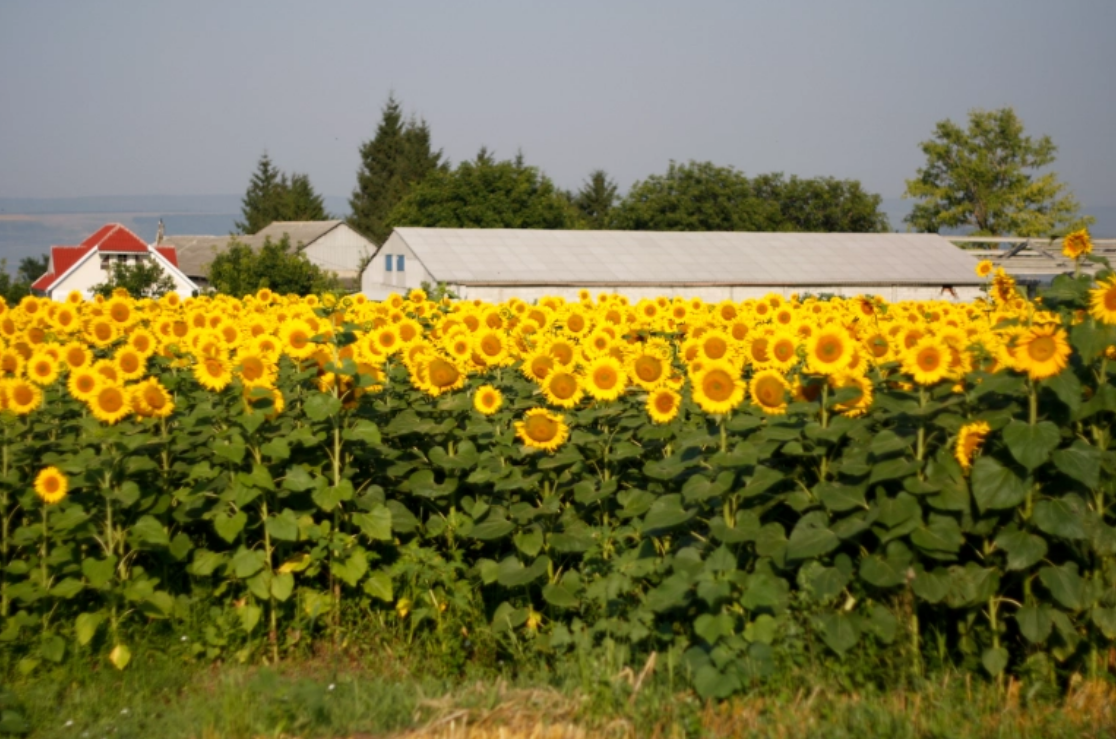
Sunflower field in Moldova. Photo: CurtAndSusan
Ukrainians wait in Moldova to clear customs to Romania. According to the Moldovan Ministry of Economy, they can expect to wait in line for an average of five to seven days. In Romania, the grain is brought to the port of Constanta and from there it travels around the world by cargo ship.
Romanian customs cannot get all the trucks into the clearance zone, so most of the waiting takes place in Moldova, an important transit point for Ukrainian agricultural products.
The drivers gathered in groups by the side of the road, looking tired and exhausted. Some sat silently on the grass, others shared food and chatted quietly. The drivers said that with no shelters, they used bushes as toilets and used water from jugs for personal hygiene.
Many people have traveled hundreds of kilometers from Ukraine only to be stranded here. The daily reality in Giurgiulesti is unprecedented.
In October alone, 1,307 cargo trucks crossed the Ukraine-Moldova border via the Reni-Giurgiulesti border crossing, said Mailin Aasmäe, representative of the EU Border Assistance Mission in Moldova and Ukraine.
And there is no end in sight to the crisis. The average wait time has nearly doubled since September, from 137 hours to 269 hours, Aasmäe added.
Indirect effects
Grain was still largely exported through the Black Sea until the Ukraine-Russia deal collapsed. Since Moscow withdrew from the U.N.-Türkiye-brokered Black Sea Grain Initiative, the waters have become unsafe for shipping.
With so much Ukrainian grain waiting to be exported, the land route then became busier. And Moldova provided one of the first safe ports, GIurgiulesti, for those shipments.

Drivers wait by the roadside as trucks queue up to try to enter a port in Romania, September 2023. Photo: Euronews
“There is no danger flying over our heads here,” said the Ukrainian truck driver. “In Ukraine, no matter where we are in the country, there is always danger on the road.”
Even Moldovan port employees saw the bombs explode on the Ukrainian side, at the port of Reni, about 10 kilometers away, so it was not safe to leave trucks lined up on the Ukrainian side. “So we let them cross the border and line up on Moldovan territory,” explained Moldovan Minister of Economic Development and Digitalization Viorel Garaz.
But the Ukrainian drivers’ journey doesn’t end there. They need to drive to neighboring Romania, where the port of Constanta is located, from where grain is loaded onto large ships. More than 90 percent of the grain and oilseed shipments to Moldova take place in Giurgiulesti, said Grigore Baltag, an economic analyst at the Moldovan Ministry of Agriculture.
But here's the problem: Romanian customs' clearance capacity is limited, so drivers have to wait in Moldova, said Mr. Garaz.
The conflict in the Black Sea has indirectly affected Moldovan farmers – the backbone of the country’s economy – making grain exports more difficult for them.
Everyone wants to get their products to market by any means possible, so Moldovan exporters cannot compete with cheap Ukrainian grain. Since 2022, the number of countries exporting Moldovan grain has decreased from 25 to 14.
In an effort to resolve the crisis, the Moldovan government is creating an electronic queuing system connected to Ukrainian and Romanian customs authorities.
Meanwhile, the drivers in line were constantly calling their loved ones and hearing about bombings back home, so even if they were stuck at the border for days, they felt safer.
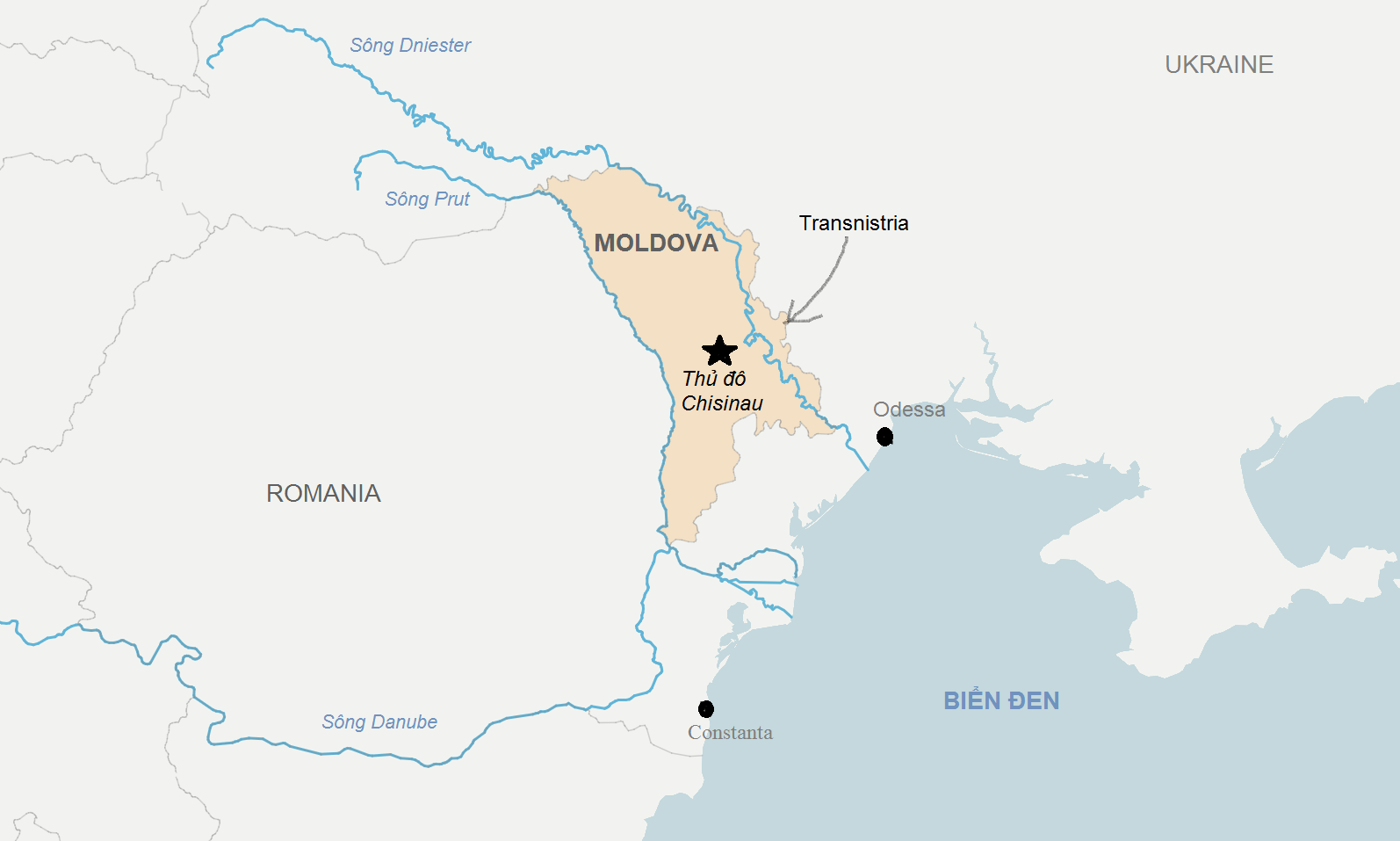
Moldova and the Black Sea region. Source: OpenStreetMap
Moldova is a major agricultural exporter. It is sandwiched between Ukraine and Romania and does not border the Black Sea, but has a small international port, Giurgiulesti, the Dniester River runs through its territory, and the Prut River forms the border with Romania, a NATO member state.
With a per capita GDP of around $5,200 a year, Moldova is one of Europe’s poorest countries. Its inflation rate has peaked at 34% since Moscow launched its military campaign in Ukraine and fuel supplies from Russia were disrupted .
Minh Duc (According to Euronews, Atlantic Council)
Source






![[Photo] Hungarian President begins official visit to Vietnam](https://vphoto.vietnam.vn/thumb/1200x675/vietnam/resource/IMAGE/2025/5/27/ab75a654c6934572a4f1a566ac63ce82)
![[Photo] Vice President Vo Thi Anh Xuan, French President Emmanuel Macron and his wife visit Hanoi University of Science and Technology](https://vphoto.vietnam.vn/thumb/1200x675/vietnam/resource/IMAGE/2025/5/27/267b6f2bdf3e46439f081b49f6ec26b1)


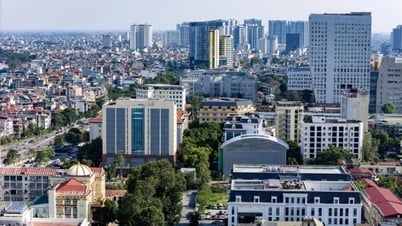







































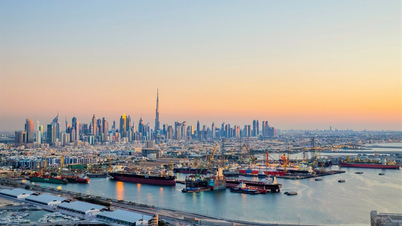



















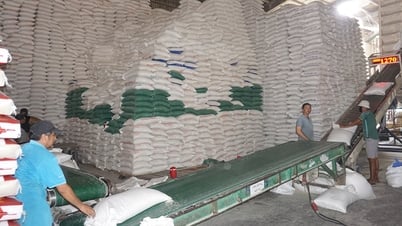




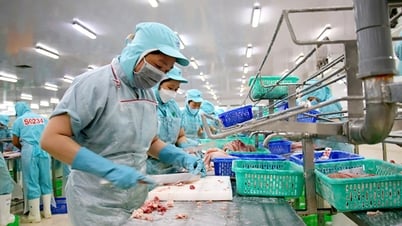












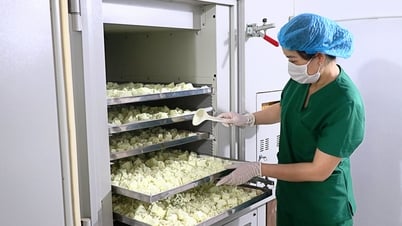

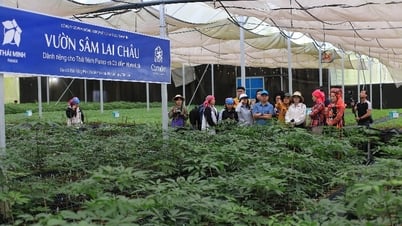

Comment (0)